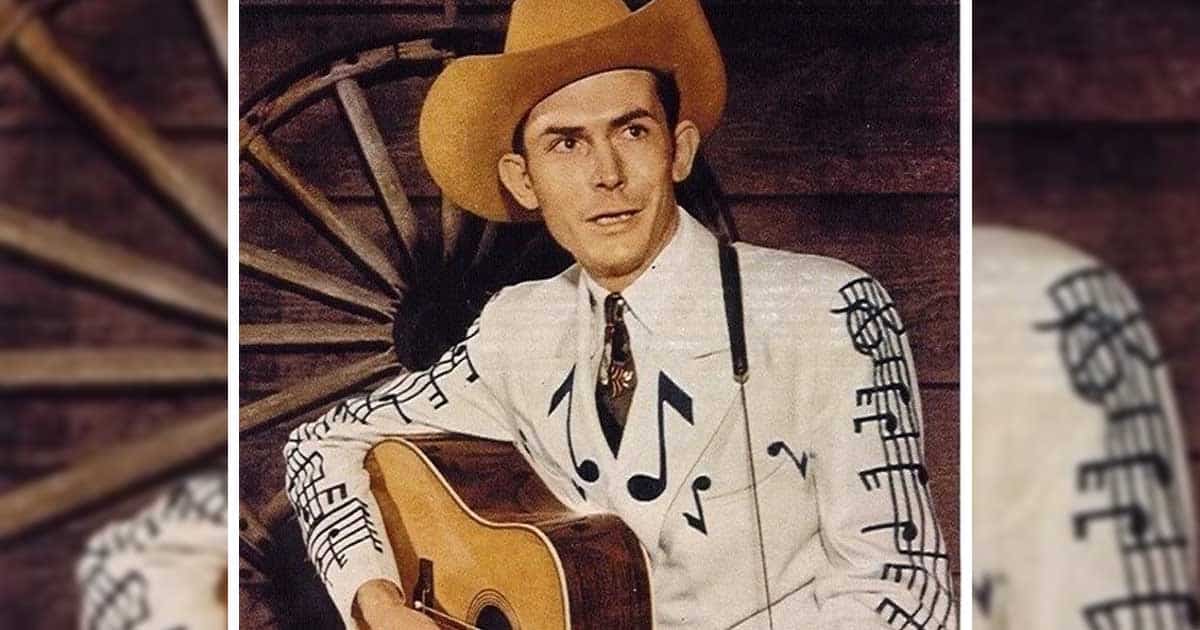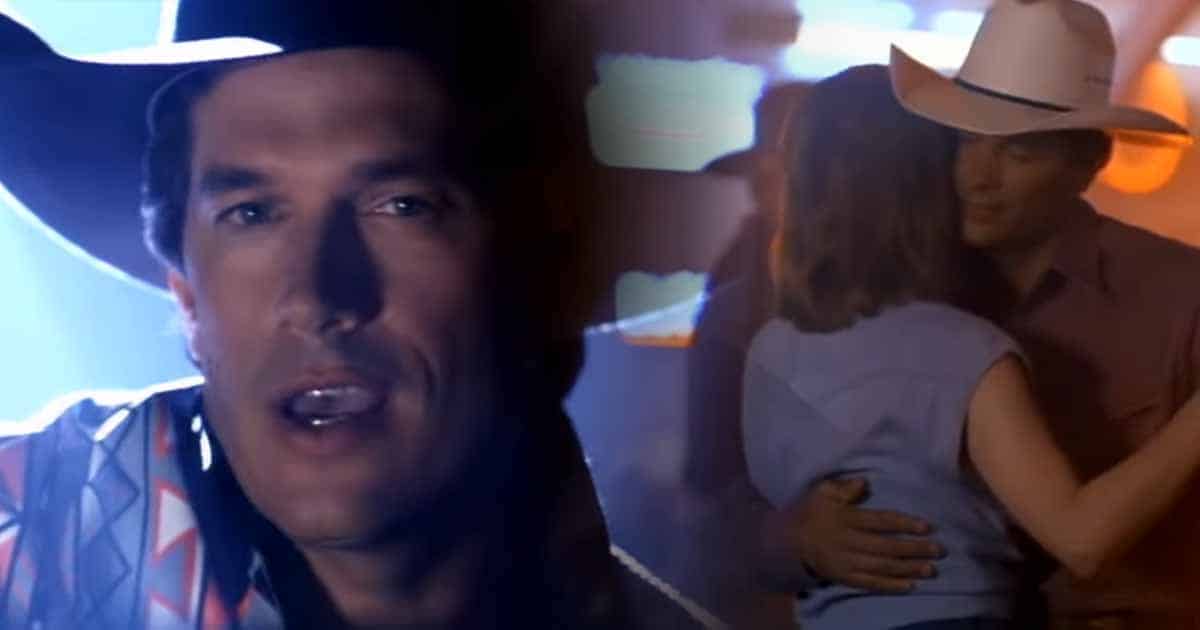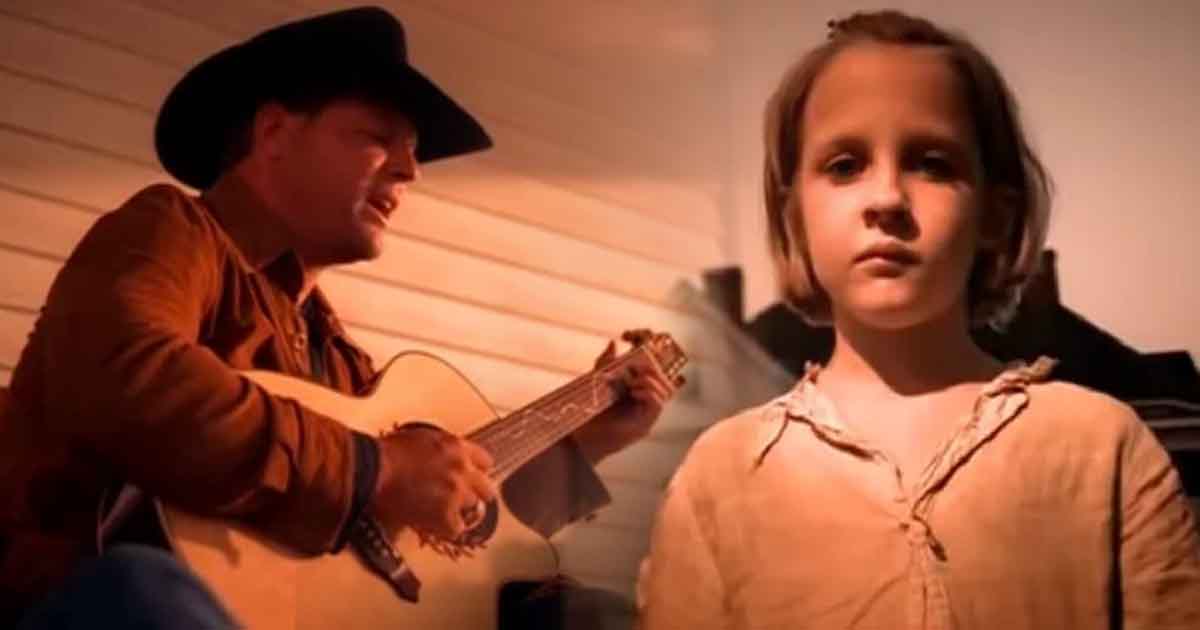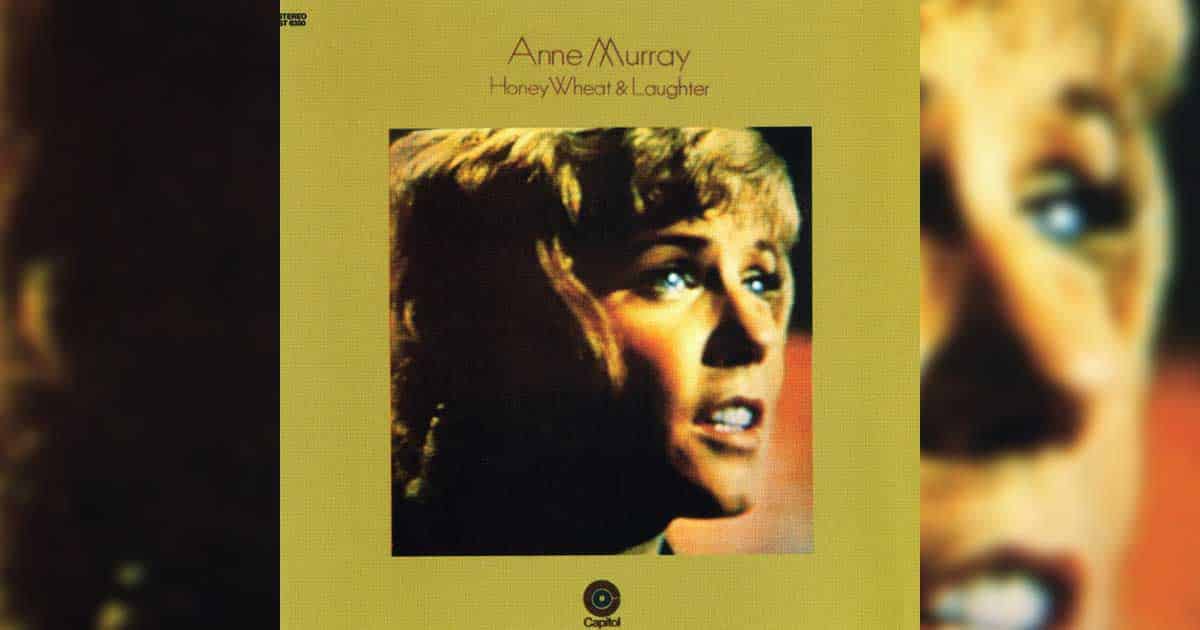Hank Williams in the ’50s
Both the honky-tonk singer, Hank Williams and his alter ego, Luke the Drifter were regarded as superstars in those days. He’d been racking up a string of hits since the mid-’40s with more following. In 1949, he became a regular performer at the Grand Ole Opry.
While Hank Williams’ career was at its peak, his personal life, however, wasn’t as smooth sailing. He began to abuse alcohol and his marriage with Audrey was on its edge for divorce. On top of his marital woes and the demands of his career, Williams’s spinal problem worsens. He then needed to undergo an operation for his spine in December 1951. The following year, he and Audrey officially separated.
Hank Williams moved back to Alabama and went to work in “The Louisiana Hayride.” Things began to work in favor of Williams again. He married Billie Jean Jones in October 1952 and by the end of the year, his song “Jambalaya (On The Bayou)” peaked at No. 1.
It’s sad to note that just as soon Williams was able to rise again to the pinnacle of success, so does his fall. On December 30, 1952, he’s bound to perform in West Virginia and Ohio. Unfortunately, he was pronounced dead on January 1, 1953.
“I’ll Never Get Out Of This World Alive“
This tune was co-written by Hank Williams with Fred Rose. Rose was also Williams’s manager and was credited as one who made significant contributions to Williams’s songs that would soon become hits.
Williams recorded the single on June 13, 1952, and was released in November 1952.
Days following Williams’s death, “I’ll Never Get Out of This World Alive” shot up to the top of Billboard Country Singles chart in January 1953. Later, other artists would cover Williams’s song including his son, Hank Williams Jr., and grandson, Hank Williams III.
Chet Atkins, who played guitar during Williams recording, said that the late legend was not also in good shape at that time. He could only sustain singing a few lines and would slump on a chair after each take.
“Kaw-Liga“
“Kaw-Liga” was posthumously released as a single in January 1953. Like “I’ll Never Get Out Of This World Alive,” “Kaw-Liga” also was also at no.1 on the Country chart and ruled for 14 weeks.
In June 1980, Hank Williams’ son, Bocephus, included “Kaw-Liga” in his 31st studio album, “Habits Old and New.” Though his version did not surpass that of Hank Williams, it still marked a spot on the Billboard chart at no. 12.
There were also versions made by other country stars like Marty Robins, Charley Pride, Loretta Lynn, Roy Clark, and Doc Watson.
“Your Cheatin’ Heart“
“Your Cheatin’ Heart” had been branded as Hank Williams’ divorce song to his ex-wife, Audrey Sheppard. The song conception was from Williams’ description of Audrey as “a cheatin’ heart.” Billie Jean Jones thought the remark would make a good song and Williams agreed.
“Your Cheatin’ Heart” would be among the last songs that Williams recorded in September 1952 at Nashville’s Castle Records. Years later, it was regarded as one of the Greatest Songs of All Time in both CMT and Rolling Stone’s lists.
Ray Charles’s version stood out among other artists’ covers of this Hank Williams song. Charles’ cover peaked at no.29 in the US and no. 13 in the UK.
“Take These Chains From My Heart“
“Take These Chains from My Heart,” also another post-humous chart-topper for Hank Williams had the same theme as “Your Cheatin’ Heart.” In fact, this was said to be among the songs that truly sounded like Hank Williams.
Fred Rose was again the brain behind this hit. Rose co-wrote it with scores and screenplay writer, Hy Heath. Despite their misunderstanding with Williams which led to Rose’s decision to split, he was not a greedy man to take most of the credit over Williams’ million-selling records.
Other artists who recorded “Take These Chains From My Heart” were Ray Charles, George Jones, Bill Anderson, Kitty Wells, and Ray Price. Again, Ray Charles’ version was the closest to Williams’ success when it peaked at no. 8 in 1953.
More Releases
Other singles released in 1953 were “I Won’t Be Home No More” (July) which peaked at no. 4 and “Weary Blues From Waitin'” (October) at no. 7.
Two more singles were released in 1955, “Please Don’t Let Me Love You” and 1989, “There’s a Tear In My Beer.”
In 1961, Hank Williams was among the first three to be listed on the Country Music Hall of Fame. Today, he and his music were the standards to which contemporary Country music is compared against.


















